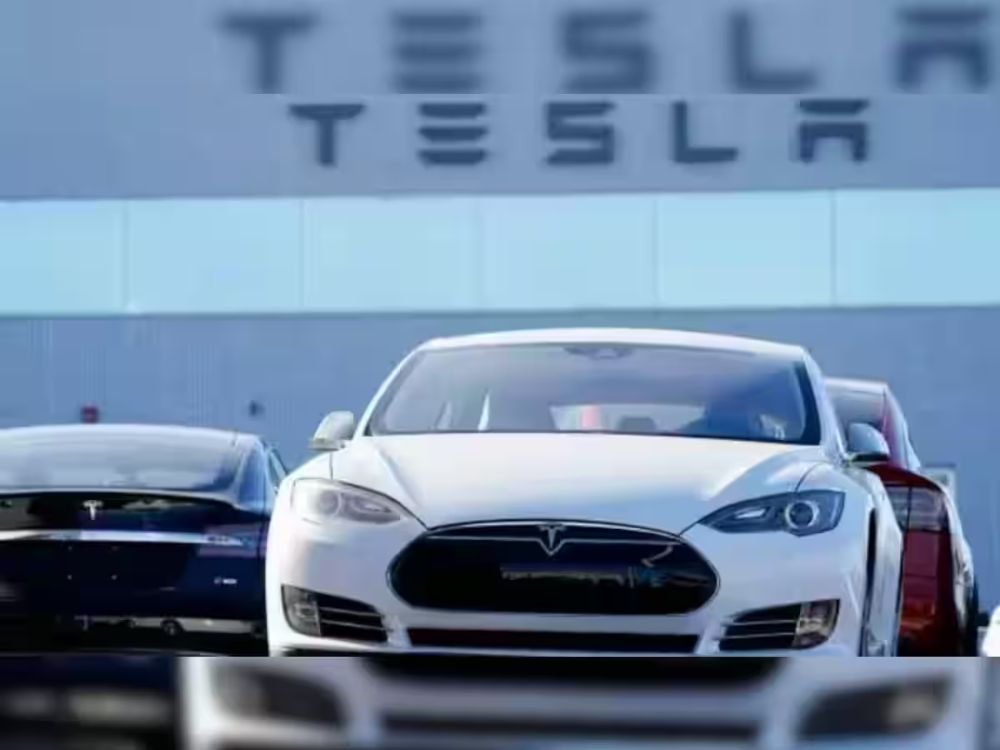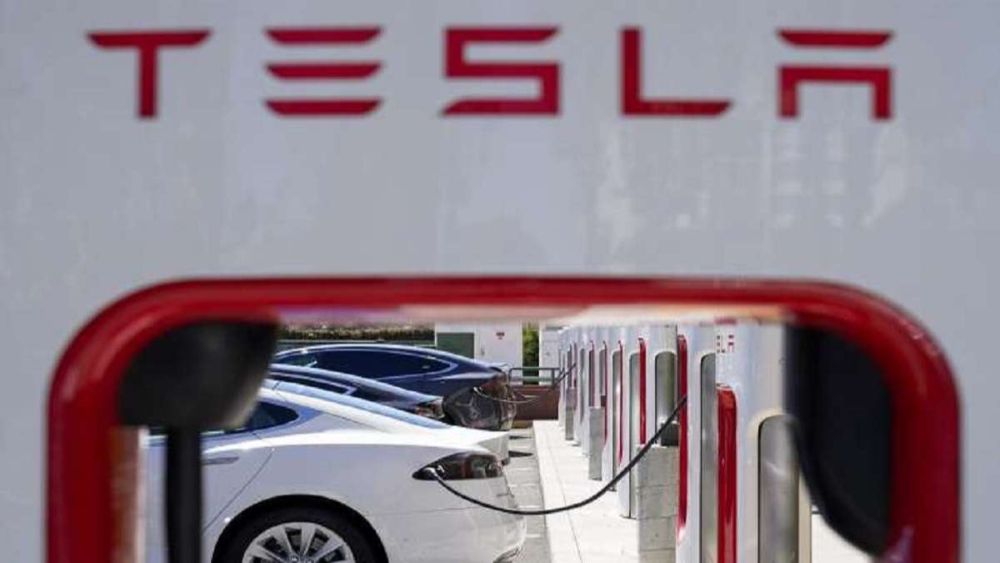As the Indian government engages in discussions with Tesla to encourage the electric vehicle manufacturer to establish manufacturing operations in the country, any incentive mechanisms introduced by the government will extend to all participants in the electric vehicle sector.

At the World Economic Forum in Davos, Rajesh Kumar Singh, Secretary, Department for Promotion of Industry and Internal Trade (DPIIT), told Moneycontrol, “This is still at a negotiation stage. And during the course of sensitive negotiations like this, we really can’t get ahead of ourselves and start talking about what the final formula will be. As I always say about this issue, whatever incentive mechanisms are put in place by the government will be applicable for all players and not only for any particular company.”
Indian automakers Mahindra and Tata Motors have urged Indian officials to refrain from reducing the 100 percent import taxes on electric vehicles, emphasizing the need to protect domestic firms as the government assesses Tesla’s entry into the market, as per last month’s report by Reuters. Tesla, while proposing the establishment of an Indian factory, has also sought lower import taxes for electric cars.

Amid discussions at Davos this year, with a focus on artificial intelligence, the Secretary of DPIIT highlighted that India’s digital public infrastructure allows for the utilization of extensive data volumes to train language models, creating valuable use cases for the country.
“We hope that this is going to happen. The indication I have is that the Indian industry’s willingness to adopt AI is perhaps one of the foremost in the world. We certainly expect the trend towards AI to be a net positive for the Indian economy and for the manufacturing sector in particular,” he reportedly said in the statement.

As the central agency for the government’s Startup India initiative, DPIIT is working to prevent young companies from relocating their corporate headquarters to foreign destinations for fundraising, according to Singh.
